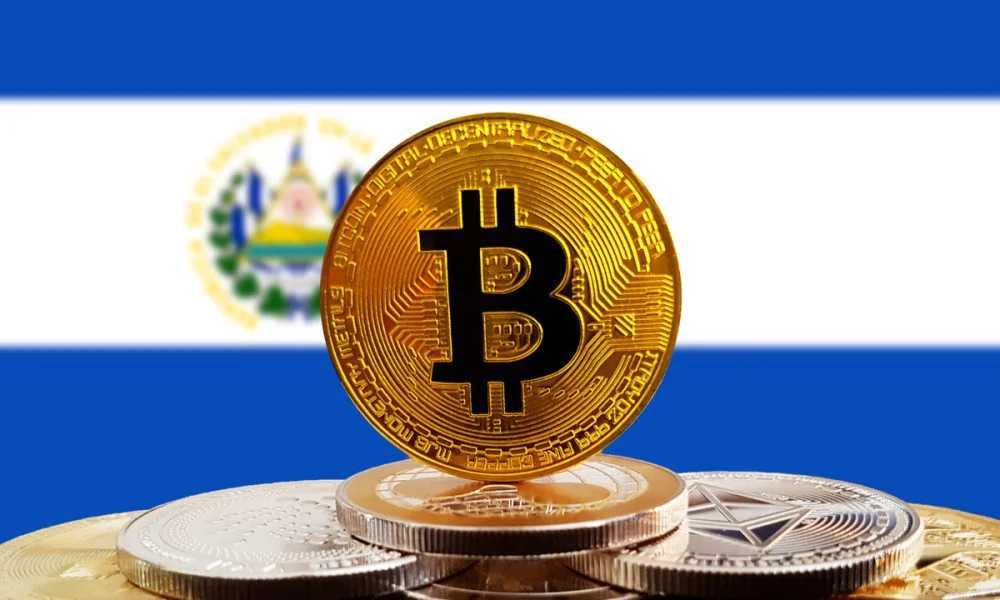A Bitcoin bond is not expected to be launched in El Salvador anytime soon, according to the country’s finance minister, even as the country faces a “human rights crisis.

El Salvador’s finance minister, Alejandro Zelaya, has announced that the country’s anticipated billion-dollar Bitcoin (BTC) bond will be delayed further due to price volatility and uncertain market conditions caused by the ongoing Russo-Ukrainian war.
The news comes as Amnesty International accuses Salvadoran authorities of “flagrant violations of human rights and criminalization of poor people.”
In an interview with the local “Frente a Frente” (Face-to-Face) news program on June 1, Zelaya was asked if the situation with the $1 billion Bitcoin bond issuance from “a few months ago” had changed.
“No, not yet,” he said, according to a rough translation. “The [Bitcoin] price is still being disrupted by the war in Ukraine.” “In the short term, the variations are constant, but in the long term, it always tends to appreciate,” he added.
“There is a future and there is an economic innovation [in Bitcoin] that we must bet on.”
El Salvador’s president, Nayib Bukele, first announced the bond plan in November 2021. Half of the $1 billion expected will be used to build a “Bitcoin City” near a volcano, with the idea of harnessing its geothermal energy for Bitcoin miners. The remaining half of the funds would be invested in Bitcoin.
The $1 billion bonds were originally scheduled to launch in mid-March 2022, but Zelaya delayed the launch citing price volatility in a March interview, giving a possible launch date around June with a timeline extending until September 2022.
Fears that El Salvador will default on an $800 million bond due in January 2023 prompted Moody’s to downgrade the country’s credit rating on May 4, citing a “lack of a credible financing plan.”
El Salvador’s government has been purchasing Bitcoin since September 2021, with Bukele announcing the country purchased 500 BTC on May 9. El Salvador is estimated to have lost more than $35.6 million in BTC investments so far.
Amnesty International: “Human Rights Crisis”
Meanwhile, Amnesty International, a human rights advocacy non-profit, accused El Salvador’s government of “massive human rights violations” such as arbitrary arrests, ill-treatment, and torture of prisoners.
President Bukele declared a state of emergency (SOE) on March 27 in response to an increase in homicides, which the government blamed on gangs and organized crime. Since then, the SOE has been extended twice.
According to the human rights organization, the SOE changed laws and legal procedures that jeopardized the rights to defense, the presumption of innocence, effective judicial remedy, and access to an independent judge.
More than 35,000 people have been imprisoned in less than three months as a result of the crackdown, with the increase in arrests causing 1.7 percent of the country’s population over the age of 18 to be detained, resulting in overcrowding of more than 250 percent of the prison capacity.
Despite the abuses, many Salvadorans support Bukele’s harsh measures, and the President remains popular in polls. According to the most recent poll released by local media on June 1st, the current president has a nearly 87 percent approval rating.
